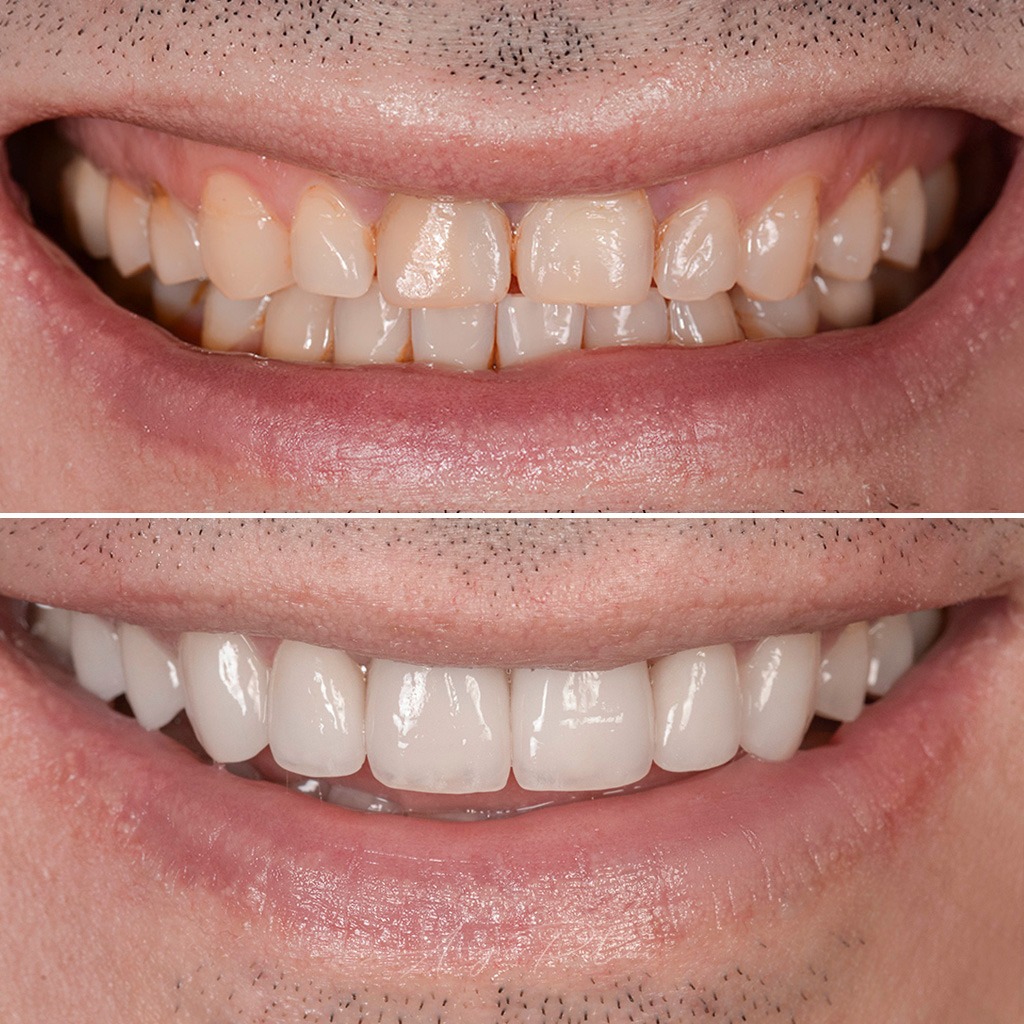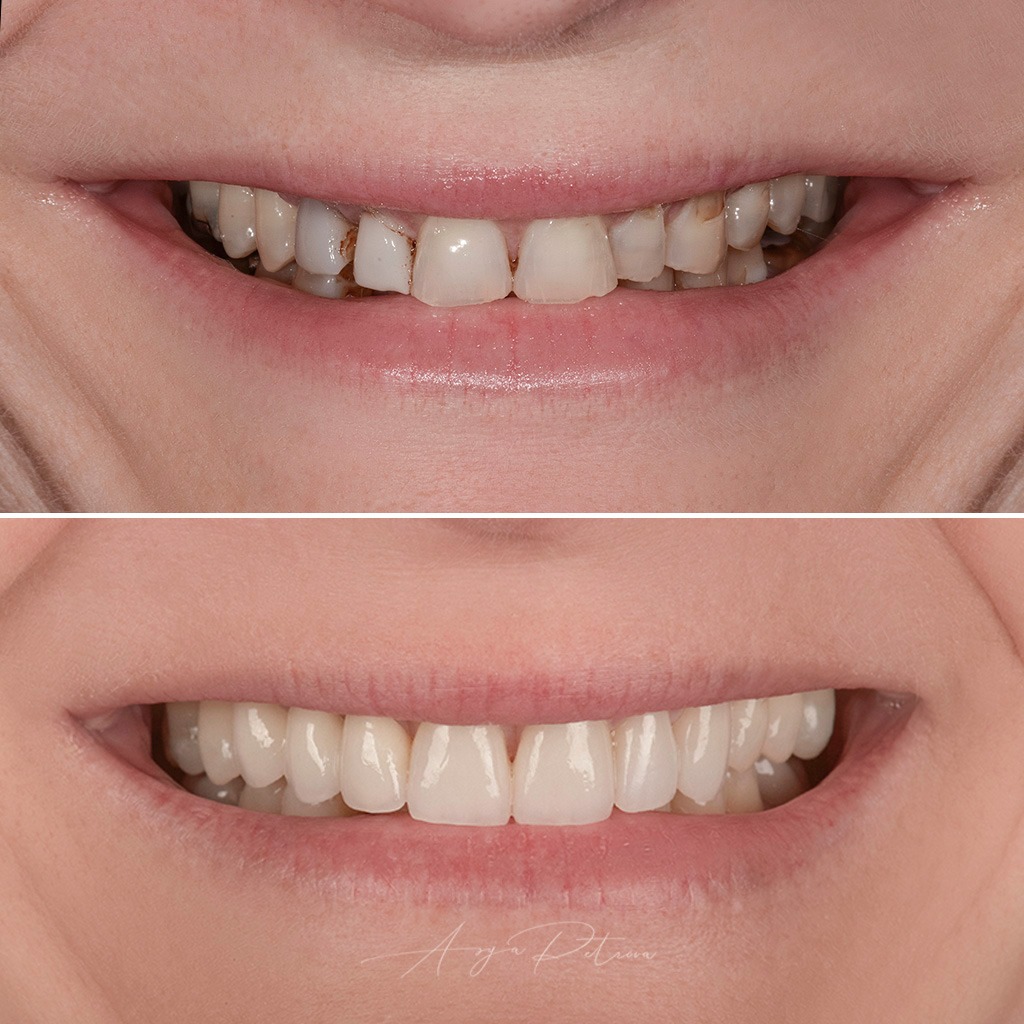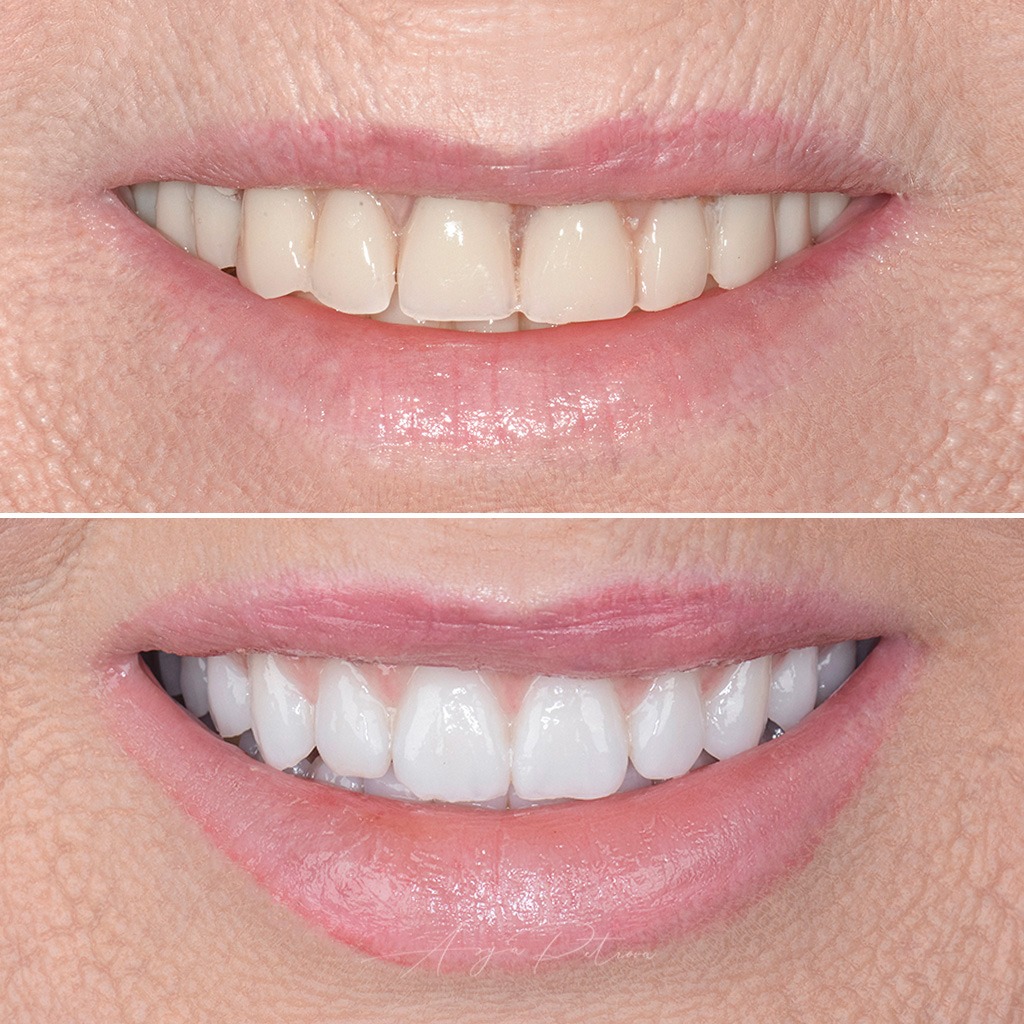Dental implants are a popular solution for missing teeth and can provide a permanent, stable replacement for lost teeth.
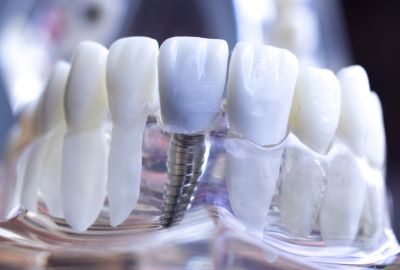


The full mouth rehabilitation process is tailored to meet the individual needs of each patient, but the process typically includes the following steps:
Full mouth rehabilitation can include a wide range of treatments, depending on the individual needs of each patient. Some of the most common treatments used in full mouth rehabilitation include:

Dental implants are a popular solution for missing teeth and can provide a permanent, stable replacement for lost teeth.
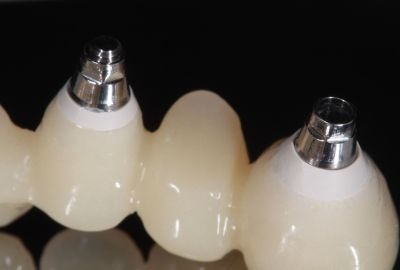
Crowns and bridges can be used to restore damaged or missing teeth, improving the appearance and function of the mouth.
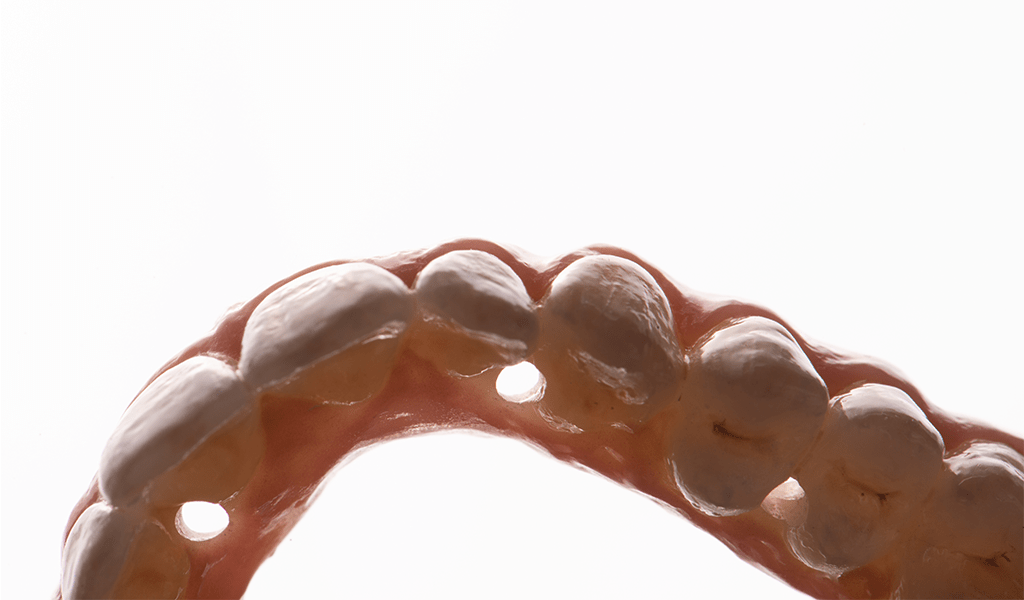
Dentures over implants are a removable option for replacing missing teeth, and can be custom to meet the needs of each patient.
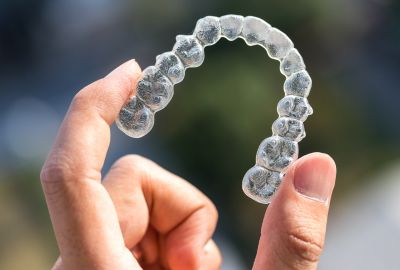
Orthodontics, like braces or Invisalign®, are used to correct bite and alignment, improving the look and function.
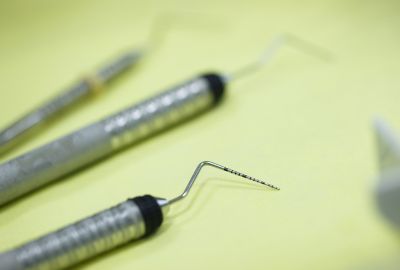
Periodontics, such as scaling and root planing or gum grafting, can be used to treat gum disease and restore the gums.

Oral surgery, such as extractions or jaw surgery, can be used to address problems and improve the health of the mouth.
When a patient is searching for a comprehensive solution for their dental problems, full mouth rehabilitation may be the right choice for them. There are numerous benefits associated with full mouth rehabilitation for patients who are suffering from multiple dental problems. Some of the key benefits of full mouth rehabilitation include:
